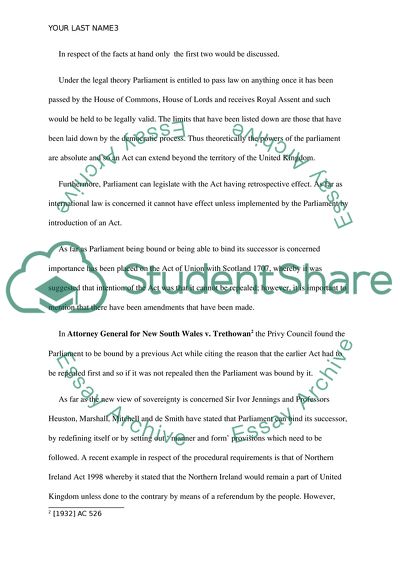Cite this document
(Constitutional & Administrative Law Coursework Example | Topics and Well Written Essays - 1500 words, n.d.)
Constitutional & Administrative Law Coursework Example | Topics and Well Written Essays - 1500 words. https://studentshare.org/law/1575058-constitutional-administrative-law
Constitutional & Administrative Law Coursework Example | Topics and Well Written Essays - 1500 words. https://studentshare.org/law/1575058-constitutional-administrative-law
(Constitutional & Administrative Law Coursework Example | Topics and Well Written Essays - 1500 Words)
Constitutional & Administrative Law Coursework Example | Topics and Well Written Essays - 1500 Words. https://studentshare.org/law/1575058-constitutional-administrative-law.
Constitutional & Administrative Law Coursework Example | Topics and Well Written Essays - 1500 Words. https://studentshare.org/law/1575058-constitutional-administrative-law.
“Constitutional & Administrative Law Coursework Example | Topics and Well Written Essays - 1500 Words”. https://studentshare.org/law/1575058-constitutional-administrative-law.


